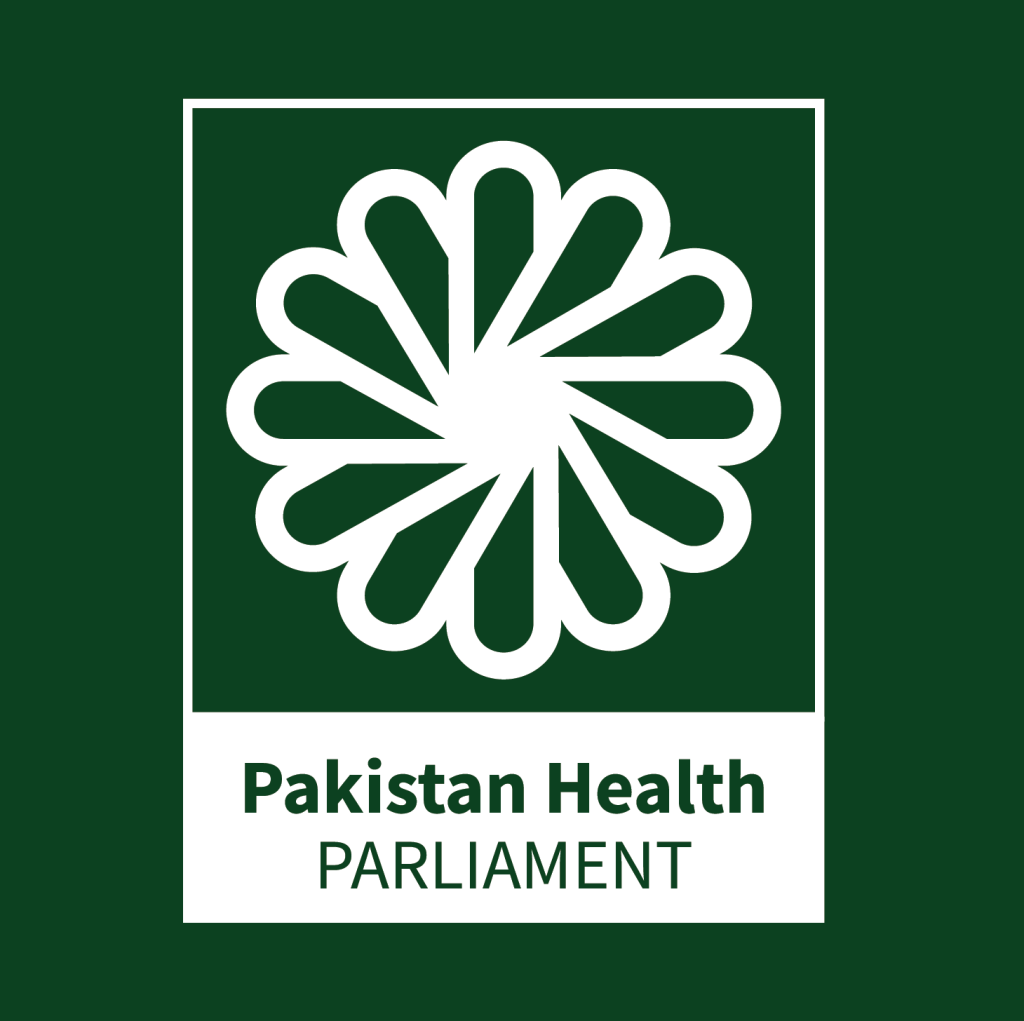Social media has become an integral part of our lives, revolutionizing the way we connect and communicate. In Pakistan, like in many other countries, the influence of social media on daily life is undeniable. However, as the digital landscape expands, so do its effects on mental health, particularly regarding low self-esteem and loneliness. In this article, we will explore the significant impact of social media on these issues in Pakistan, provide relevant statistics across different age groups, identify risk factors, and offer strategies to combat these challenges.
Prevalence of Low Self-Esteem and Loneliness
Statistics indicate a concerning rise in low self-esteem and loneliness among Pakistani individuals, particularly in the younger population. According to a survey conducted by the Pakistan Institute of Public Opinion, approximately 35% of Pakistani youth between the ages of 18 to 24 reported feeling low self-esteem due to their experiences on social media. This trend extends to older age groups as well, with 22% of those aged 25 to 35 reporting similar feelings.
Furthermore, loneliness is also on the rise, with social media often playing a role in exacerbating the issue. A study by the Pakistan Mental Health Association revealed that 40% of respondents across various age groups experienced feelings of loneliness, which they attributed to excessive use of social media platforms.
Risk Factors Associated with Low Self-Esteem and Loneliness
- Social Comparison: Social media platforms encourage users to showcase their lives, often highlighting the best moments. This can lead to social comparison, where individuals perceive their own lives as less fulfilling in comparison to others, contributing to feelings of inadequacy and low self-esteem.
- Cyberbullying: The anonymity afforded by social media platforms can lead to cyberbullying, which can severely damage self-esteem and contribute to feelings of isolation and loneliness.
- Filter Bubble: Social media algorithms create filter bubbles, where individuals are exposed only to content and opinions that align with their existing beliefs. This can limit diverse perspectives and deepen feelings of loneliness and alienation.
- Fear of Missing Out (FOMO): The constant stream of social events, travel, and accomplishments shared on social media can trigger FOMO, causing individuals to feel isolated and left out.
- Addictive Behaviors: Excessive use of social media can lead to addiction-like behaviors, consuming valuable time that could be spent on face-to-face interactions, leading to loneliness.
- Negative Feedback Loop: Low self-esteem and loneliness can create a negative feedback loop, where individuals turn to social media for validation, but instead, it reinforces their negative emotions.
Ways to Combat Low Self-Esteem and Loneliness
- Limit Screen Time: Setting boundaries on social media use can help reduce exposure to triggering content. Allocate specific times for social media and stick to them.
- Practice Self-Compassion: Encourage self-compassion by acknowledging that nobody’s life is perfect, and it’s okay to have flaws and setbacks. Self-affirmation exercises can be helpful.
- Diversify Offline Activities: Engage in a variety of offline activities such as hobbies, sports, or volunteering to build self-esteem.
- Real-world Connections: Encourage people to prioritize in-person interactions and cultivate real-world relationships to combat feelings of loneliness.
- Media Literacy: Educating individuals, especially the youth, about media literacy can empower them to critically evaluate the content they consume and its potential impact on self-esteem.
- Seek Support: Reach out to friends and family for emotional support and connection. Share your feelings and concerns with trusted individuals.
- Professional Help: If low self-esteem or loneliness persists and significantly impacts your life, consider seeking help from a mental health professional who can provide guidance and therapy.
While social media has undoubtedly transformed the way we connect and communicate, it has also brought to light issues of low self-esteem and loneliness among Pakistani individuals of various age groups. Understanding the prevalence and risk factors associated with these problems is the first step in combating them. By adopting strategies to limit social media’s negative influence and fostering a healthier relationship with technology, we can promote mental well-being and stronger connections within Pakistani society.
This article comes from the PR Desk of Pakistan Health Parliament

